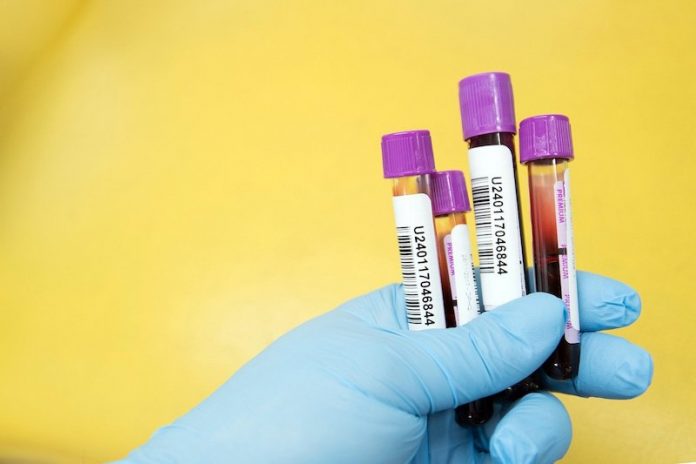
In a new study, researchers found a new technique could provide vital information about a community’s immunity to infectious diseases including malaria and COVID-19.
The diagnostic test analyses a blood sample to reveal immune markers that indicate whether—and when—a person was exposed to an infection.
It was developed to track malaria infections in communities, to assist in the elimination of deadly ‘relapsing’ malaria, but is now being adapted to track immunity to COVID-19 in more detail than existing tests.
This new diagnostic approach has the potential to enhance infectious diseases surveillance.
This could be of particular benefit in lower-income countries where it can enable health authorities to track the spread of a disease such as malaria in a community and target resources where they are most needed.
The research was conducted by a team at Walter and Eliza Hall Institute in Australia and elsewhere.
Exposure to viruses, parasites or bacteria triggers immune responses that lead to antibodies circulating in the blood.
These antibodies can remain for years but over time the amount of different types of antibodies changes.
The new diagnostic technique allows researchers to look in detail at the amounts of different antibodies in the blood, to pinpoint whether—and importantly when—a person has been exposed to a particular infection.
It can pinpoint how long ago a person was exposed to an infection.
This information is extremely valuable for tracking the spread of an infection in a population.
The researchers are now applying the systems they have established for malaria to detect immunity to the coronavirus that causes COVID-19.
They say this is not a tool for diagnosing individual people, but rather for monitoring COVID-19 disease spread in populations.
In countries in the Asia-Pacific, Africa or Latin America, it is possible that COVID-19 will be spreading undetected in some regions for the coming year—especially as governments try to loosen shutdown restrictions. This test could be invaluable for informing these decisions.
The lead author of the study is Professor Ivo Mueller from the Walter and Eliza Hall Institute and the Pasteur Institute.
The study is published in Nature Medicine.
Copyright © 2020 Knowridge Science Report. All rights reserved.



